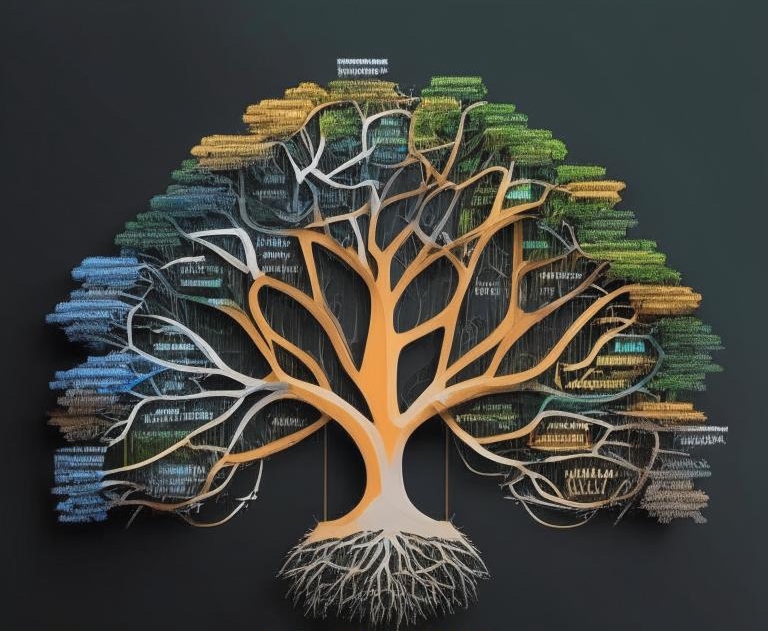E-commerce and Marketplaces
by Oleg Sovetnik
Let’s explore e-commerce and marketplaces, which include platforms for online commerce and marketplace operations. These systems provide solutions for managing online stores, processing orders, integrating with payment gateways and logistics, and facilitating interactions between sellers and buyers.
- E-commerce platforms: systems for managing online stores, orders, integration with payment gateways, and logistics (e.g., Shopify, Magento).
- Marketplace platforms: complex systems that connect sellers and buyers, managing orders, inventory, payments, and delivery (e.g., Amazon, eBay).
Sociological Theories for Conceptualizing E-commerce and Marketplaces:
- Actor-Network Theory (ANT) (Bruno Latour)
In the context of e-commerce and marketplace platforms, technologies, sellers, buyers, and goods are part of a complex network of interactions. ANT helps explain how each element of the network — from the platform interface to consumer decisions and logistics systems — influences the trade and service processes.
The Umwelt in the marketplace context describes how every network element — from the seller to the payment system and logistics — “sees” its interactions. For example, for the platform, every order is not just a purchase but a complex interaction between actors such as the buyer, logistics, payment systems, and even marketing data.
- Capitalist Systems Theory (Immanuel Wallerstein)
Wallerstein describes global economic processes as a system where marketplace platforms become key actors in economic infrastructure. E-commerce and marketplaces support capitalist economies by accelerating transactions, ensuring global supply chains, and helping expand markets.
Within this theory, e-commerce platforms can be viewed as essential mechanisms in the global economy that facilitate transactions between sellers and buyers, spreading capitalist norms and driving consumption on a global scale.
- Market Mediation Theory (Michel Callon)
Market Mediation Theory focuses on the role of platforms in organizing markets and regulating interactions between participants, introducing the concept of “market devices.” E-commerce platforms and marketplaces act as intermediaries, not only organizing the sale of goods but also predetermining the rules of engagement — where and how interactions between buyers and sellers occur.
The Umwelt in marketplaces reflects the rules and regulations that the platform manages to structure the buying and selling process. It becomes a space where standards for interaction, payment, delivery, and even user ratings and reviews are established.
- Consumption Theory (Jean Baudrillard)
Baudrillard’s Consumption Theory helps to understand how, in the context of e-commerce, goods become symbols rather than just objects of material necessity. Platforms like Amazon and eBay stimulate not only consumer activity but also create meaning around products — from reviews to personalized recommendations.
The Umwelt in this theory describes how consumer platforms create symbolic systems where goods and brands acquire social significance. For example, recommendation algorithms and customer reviews shape the perception of goods, making them part of broader social and cultural processes.
The most suitable theory for e-commerce and marketplaces is Market Mediation Theory (Michel Callon). This theory best describes the role of platforms as intermediaries managing interactions between market participants, setting standards for behavior, payment, and logistics. It also highlights the importance of both technical and social aspects in commerce, which is crucial for understanding the dynamic processes at work in online platforms.
e-commerce marketplace consumption-theory capitalist-systems mediation-market actor-network theory
